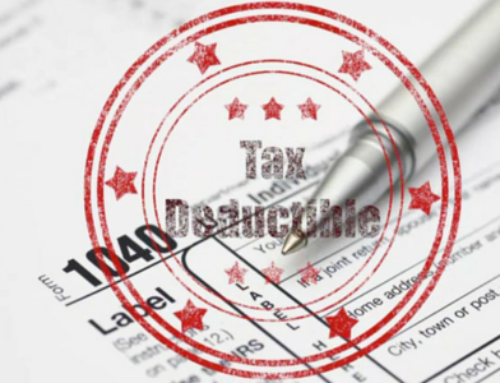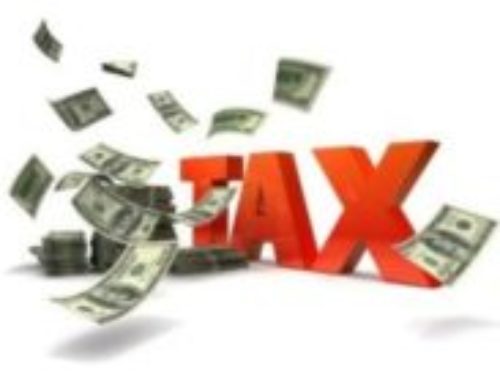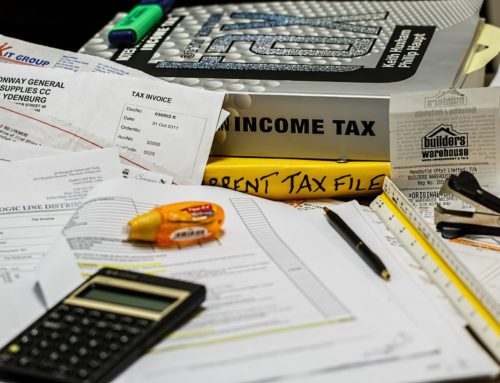Many small businesses overpay on their taxes. A recent study showed that 93% of the small businesses sampled qualified for AMT (alternative minimum tax) exemption, but they overpaid to the tune of $25 million. And that’s just one tax mistake of the many that can be made.
Small businesses need to keep as much money as possible. Follow these suggestions, with the help of a qualified business tax accountant, to minimize your tax load.
Accelerate Payments
Develop a strategy for accelerating or delaying purchases and payments while keeping in mind the effect on your taxes. When using cash-method accounting, income is counted when it is received and expenses when they’re paid. With that in mind, consider some options:
- Wait until year-end to send invoices to your best paying customers so their checks arrive after 12/31
- Send payments in December for bills due in January (for significant payments, send by registered or certified mail so you have a receipt showing the date)
- Pay recurring expenses via credit card – payment will count for December but the bill won’t come until January
Maximize Deductions
Most small businesses miss many deductions that they could be taking. A business tax advisor can help you find all that apply to you. Keep receipts for every expense to increase the chances that it can be used as a deduction. Here is a partial list:
- Educational material, online courses, coaching (if necessary/applicable to your business)
- Start-up costs (some restrictions apply)
- Independent contractors
- Business insurance premiums
- Business office or equipment rental or lease expenses
- Business services (deliveries, cleaning, etc.)
- Small business healthcare tax credit for less than 25 employees
- Charitable contributions in cash, items, or appreciable property (stock can be deducted at fair market value rather than the price you paid)
- Business travel (deductible at 100%), meals & entertainment (deductible at 50%)
- If working from home or using a personal car for business, a portion of home or car expenses
- Accelerate Depreciation: Section 179 allows businesses to take instant depreciation up to $500,000 on eligible assets (with your tax advisor, determine whether depreciation should be taken in one year or over several)
Check for Possible Refunds or Penalty Relief
The IRS allows you to go back three years and amend your tax returns. When you meet with your tax advisor about this year’s taxes, plan to review the last three years’ taxes, as well. A good tax accountant will ask you specific questions and look for things you might have missed. Given that most small businesses overpay, you could be surprised with some substantial returns. Start this process early, before the “busy season,” so your advisor has time to do a thorough review.
If you receive a penalty from the IRS, don’t panic. Often you can receive penalty relief if you correct the situation or if something was out of your control. Again, ask a good, experienced advisor.
We want to help you keep as much of your money as possible in your pocket so you can grow your business and care for your family. Reach out to us to see how we can help you.
Click here to read more about our business tax services!





